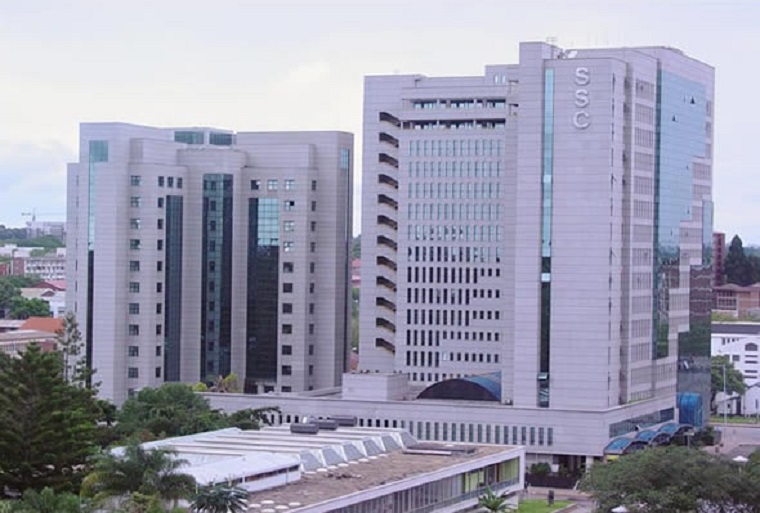The National Social Security Authority (NSSA) says that government is the biggest debtor, owing the institution more than $3.5 million.
Other debtors include the now defunct Capital Bank with more than $1 million and commercial sector with $2.6 million.
The pension fund’s chief property investment officer, Kurauwone Chihota, told Parliament’s Public Accounts Committee that the state-owned pension fund is also planning to write off some other small debts which are irrecoverable.
“We have categorised smaller tenants like tenants at the former Ximex Mall which have destroyed data. Those tenants have been untraceable and we have made a recommendation that we write off those debts,” said Chihota.
Chihota also said that NSSA is yet to get title deeds for its 500 hectares land in Chegutu worth $3.4 million which was written off in 2016 due to lack of ownership records.
NSSA is engaging its partners to revive properties including Ekusileni Medical Centre, Woodlands Apartments and National Blankets to generate revenue.
“With Ekusileni, we are currently engaged in a process where we have requested an expression of interest for capitalised partners to put together an offer to the authority to turn it into a hospital,” said Chihota.
He added that National Blanket industrial space will be turned to a SMME park.
“National Blankets, we have taken it from a debt recovery situation, where it was almost an abandoned industrial property. We have cleaned it out at significant cost and equity and we are looking at the creation of an SMME park on some of the industrial space that is there.” – The Source
(132 VIEWS)
